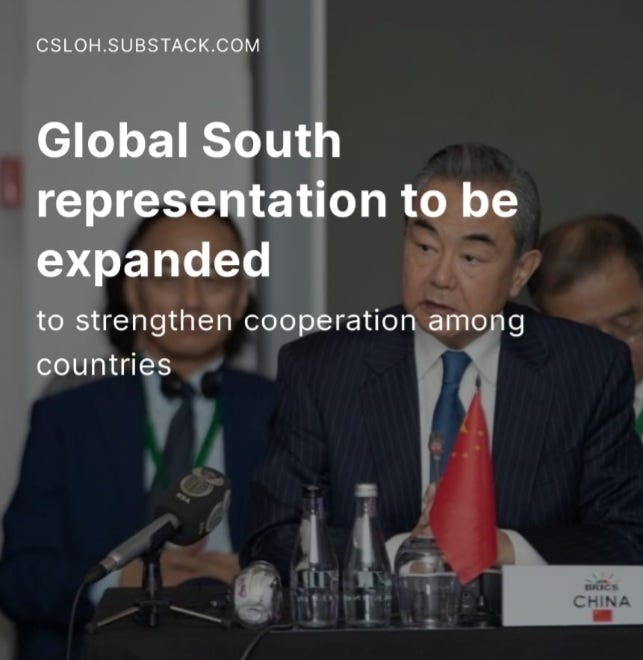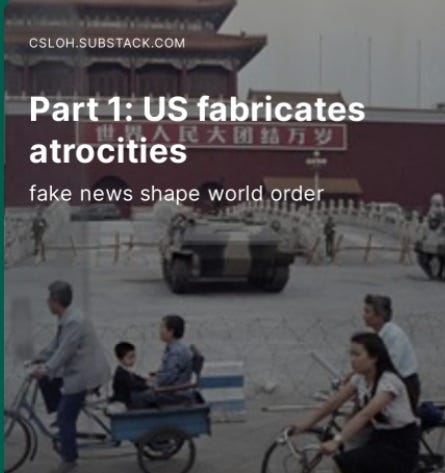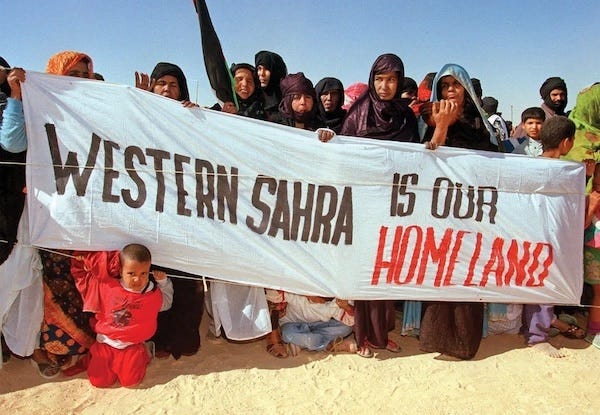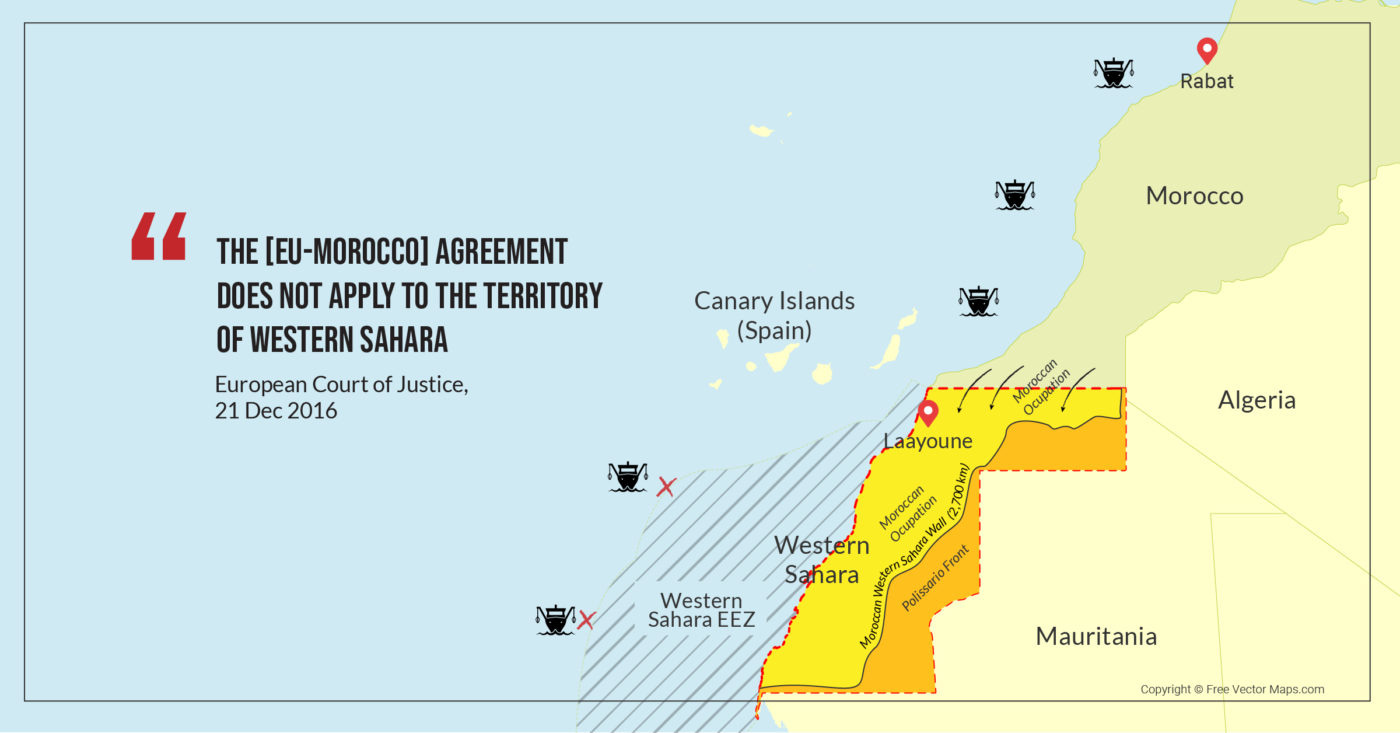#24 GEOECONOMICS in GEOPOLITICS
US China strategy; China's Ukraine "strategic neutrality"; Global South solidarity; US fabricates atrocities; Occupation of Western Sahara; Dependency and exploitation; restructure Madani
Articles - that were posted TWTW - on this site and others are summarised with follow-up commentaries.
The US strategy towards China has shifted from a paradigm of “engagement + prevention” to one of “competition + managing competition”.
The distinguishing features of this new approach appear to be: using “mixed signals”, showing “self-restraint” and keeping a “window for dialogue” open in order both to prevent Beijing from overreacting to Washington’s containment of China and to preserve some degree of cooperation with the PRC.
This strategy is faced with four main difficulties:
1. The flip-flopping of policies between Republicans and Democrats
2. Creating alliances without creating foes
3. Strategic overreach in Washington’s all-out competition with China
4. The potential cost of decoupling
China should:
(i) continue to focus on its domestic development, while balancing this with its international agenda;
(ii) prepare for an increasingly volatile global environment fraught with crises and an unstable US.
2] GLOBAL SOUTH REPRESENTATION TO BE EXPANDED
The need to reform multilateral bodies arises because of new challenges emerging from different parts of the world. It must be said that the countries of the Global South have new aspirations and challenges. Therefore, in this context, the Global South perspective has assumed great importance.
Presently, the existing multilateral institutions - like the G-77 and G-20, where the Global South countries have fair representation -need to be revitalised to address global issues more democratically.
The concern of global multilateral bodies is to ensure equity in the global decision-making process rather than being hostage to the whims and wishes of the Global North. The impetus that the Global South movement got from the Non-Aligned Movement (NAM) and its policy of “positive neutrality” needs to be recrafted to ensure a better bargaining strategy with the Global North in the conduct of international negotiation. Thus, the core goals of the global multilateral negotiation process should be aimed at ensuring equity and democratizing the decision-making process in the conduct of international relations.
3] CHINA’s “Strategic Neutrality” on UKRAINE
In what is referred as the Lahore Paper, aspects as articulated on China's position paper on Ukraine - as published in the Pakistani newspaper The Nation on Feburary 27, 2023 - by Dr Imran Khalid:
Beijing has come up with a very rationale proposal for the peaceful resolution of the prolonged conflict in Ukraine.
On February 24, the first anniversary of the Russia-Ukraine conflict, China issued a position paper titled “China’s Position on the Political Settlement of the Ukraine Crisis,” systematically elaborating on China’s stance in 12 points. This is perhaps the first such serious and comprehensive blueprint forwarded by any country to resolve this bloody conflict which is expected to become more dreadful in the coming spring.
President Xi Jinping has outlined four principles, called for joint efforts in four areas, and shared three observations on Ukraine, playing a responsible and constructive role in easing the situation and resolving the crisis.
China’s position on the Ukrainian issue is one of “active neutrality,” which reflects the demands of both Russia and Ukraine and addresses broader international issues such as nuclear war, food security, and global strategic stability.
It is a highly condensed and specific document that fully recognizes the complexity and difficulty of the issue, and shows China’s responsible attitude of not standing idly by, not fueling the fire, and opposing taking advantage of the situation. This document broaches 12 areas: respecting the sovereignty of all countries, forsaking the Cold War mentality, ending hostilities, recommencing peace talks, addressing the humanitarian crisis, protecting civilians and prisoners of war, keeping nuclear power plants safe, reducing strategic risks, facilitating grain exports, terminating unilateral sanctions, keeping industrial and supply chains stable, and promoting post-conflict reconstruction.
The main tenet of the document is that, while complex problems do not have simple solutions, the international community should not give up on dialogue and negotiation. China’s position paper reflects the efforts to resolve disputes through table talks. Dialogue and negotiation are the only viable solution to the Ukraine crisis.
All efforts conducive to the peaceful settlement of the crisis must be encouraged and supported. The international community should stay committed to the right approach of promoting talks for peace, help parties to the conflict open the door to a political settlement as soon as possible, and create conditions and platforms for the resumption of negotiation.
China will continue to play a constructive role in this regard,” is how this peace paper describes China’s proposal for the peaceful resolution of the conflict………. ……..The US and the West should carefully study China’s position paper and consider it a reference for the turbulence and conflicts that occur elsewhere in the world.
China’s position offers a sensible, rational, and appropriate roadmap for ending the Ukraine crisis and promoting global peace and stability. It is time for the US and its allies to abandon their belligerent rhetoric and embrace the kind of multilateral diplomacy that China espouses.
4] THE US FABRICATES ATROCITIES
Part 1: China & Uyghurs
Part 2: Yugoslavia & Syria
Continuing with the Book Review: Atrocity Fabrication and Its Consequences: How Fake News Shapes World Order - a new book by A. B. Abrams,
The Korean War: another ‘atrocity’,
The Korean War, a war peddled by the United States that wound up splitting one people into two, was presented to the public as a “humanitarian intervention” aimed at rescuing the local population from communist forces. To establish this narrative, the Pentagon sponsored a propaganda film, titled The Crime of Korea narrated by Humphrey Bogart. This film falsely attributed atrocities committed by the South Korean government, with U.S. support, to the Democratic People’s Republic of Korea.
This narrative gained traction within the U.S. media and significantly bolstered the perception of the war as “morally justified”. An influential Time magazine column titled “Barbarity” furthered this perspective by describing a communist massacre in Taejon, which subsequent investigations revealed was actually perpetrated by South Korean troops allied with the U.S.
Charles E. Potter, Chairman of the Senate Subcommittee on Korean Atrocities and appointed by Senator Joseph McCarthy, notorious for McCarthyism, which was responsible for the persecution of anyone even thought to be affiliated with any leftist organization or held any left-wing beliefs, emphasized the inhumane acts committed by U.S. adversaries. He recounted gruesome incidents, such as a “Red Chinese” nurse using garden shears to sever a GI’s toes without anesthesia and American POWs being subjected to torture with bamboo spears and confinement in small iron cages until death, with maggots infesting their eye sockets.
However, the accounts presented by Potter contradicted the testimonies of American and British POWs, who indicated that their treatment by captors was generally decent, although they had to attend lectures on communism.
Meanwhile, U.S.-run POW camps subjected DPRK and Chinese prisoners to severe brutality. These inmates were massacred for singing revolutionary songs and subjected to violent coercion to renounce repatriation to their homelands. This strategy aimed to score Cold War propaganda points by portraying defection to the West as a desire born out of the perceived superiority of its political-economic system.
The campaign of propaganda against the DPRK extended well into the 21st century, with increasingly extravagant made-up tales to portray the country in a negative light. Many of these stories were propagated by DPRK defectors, some of whom were influenced or incentivized by South Korea and possibly the CIA.
Shin Dong-hyuk, a defector, collaborated with Washington Post correspondent Blaine Harden to write a highly successful book Escape From Camp 14: One Man’s Remarkable Odyssey from North Korea to Freedom in the West. However, this account was later revealed to be a fabrication.
Yeonmi Park, another defector, who charges a speaking fee of $12,500 on Western media outlets, even made the ludicrous claim that her friend’s mother was executed for watching a Hollywood movie.
Lee Soon-ok, yet another defector, testified before a House committee in 2004 that she had witnessed Christians being tortured and burned to death in DPRK political prisons. However, the head of the North Korean Defectors’ Association, Chang In-suk, contradicted this, asserting that Lee was never a political prisoner.
Abrams noted that fabricated reports about DPRK state executions of prominent figures often coincided with the surprising reappearance of these supposedly deceased individuals on camera.
In a CNN report from May 2015, it was alleged that DPRK leader Kim Jong Un had ordered the poisoning and killing of his aunt, Kim Kyong Hui. However, Mrs. Kim appeared in public in January 2020, highlighting the inaccuracy of the claim.
Abrams suggested that these false defector testimonies and biased media coverage were embraced in the West due to the “self-gratification” they provided, seemingly affirming the notion of Western superiority over the least Westernized state. Additionally, they often served as justifications for hostile policies, including economic sanctions, against the DPRK.
5] THE OCCUPATION OF WESTERN SAHARA
Without doubt, for the past 47 years, Morocco has been the occupying power over most of the territory of Western Sahara.
The Western Sahara, given its name in 1975 by the UN, is the last African colonial state yet to achieve its independence. About 20% of the territory is controlled by the self-proclaimed Sahrawi Arab Democratic Republic (SADR); the remaining 80% of the territory is occupied and administered by neighboring Morocco.
The Sahrawi Arab Democratic Republic, also known as the Sahrawi Republic and Western Sahara, is a partially recognized state, recognised by 45 UN.
A former Spanish colony, it was annexed by Morocco in 1975.
The territory of Western Sahara was invaded and occupied by Moroccan and Mauritanian troops in 1975 following what has come to be known as the Madrid Accords, when Spain unilaterally withdrew from its colony.
While the 1975 annexation - and the consequence conflict - depopulated tens of thousands of Sahrawi people into refugee camps in the desert, European
countries and Morocco have remained fixed on exploiting the occupied territory’s resources, such as fertile fishing grounds off the coast.
It was not until 1991 that the Moroccans and the Polisario Front independent movement signed a ceasefire. The two parties agreed to hold a referendum on national self-determination for the Sahrawi.
However, Morocco has persistently worked to defer the referendum, which has still not taken place, (theLeft).
6] DEPENDENCY AND SUPER-EXPLOITATION
A PREAMBLE
Not only is the intellectual hegemony of mainstream bourgeois economics (Patnaik 2019) fails to present capitalism as an extractive system but instead continue to obscure the reality that monopoly-capital and the
spectre of financialisation capitalism with neoimperialism intent has penetrated Global South countries. With western neoliberal economic modules continue to be taught in our public universities thereby preventing the emergence of alternative economic development (TAPAO) models and applied developmental economic Poverty Reduction and Extra-Developmental Initiative Schema (PRAXIS) as the better response to slagging economic growth and stagnating incomes in the identified areas of this country.
For over 70 years since the Commonwealth Development Corporation, and later the International Reconstruction Development Bank (the precursor to the World Bank) to the Development Advisory Service of Harvard, the Economic Planning Unit-funded McKinsey Economic Transformation Programme and the International Monetary Fund (IMF) retarding the growth of a nation, the country economy has not attained its optimal potentiality. With the implementation of The MADANI ECONOMY and the expanding role of the Malaysian Islamic Development Department (JAKIM) as a premier economic planner, the state of a nation has fallen to its lowest coherence depth of an acknowledge of liberation theory of development nor any understanding on the meaning of dependency syndrome in the development of underdevelopment.
Presently, there are as yet no scholarly papers or models available to structure any future planning based on the Madani narrative. Does this mean that by default, JAKIM will be left to define the economic principles and execute the developmental contents, and in the process possibly, if not probably, inhibit country’s progressive developmental path, but well under the hood of financialisation monopoly-capitalised praxis?
More than a serial systemic of incompetence but dominant upper class holdups, as long as fundamental problems of economic sovereignty is behested to Global North monopoly-capital; of the nation’s incapacity to raise financial resources internally where the tax base is shallow yet favouriting compensations and reliefs endowed to the capital class; that the provision in social services to the rakyat2 population are unequal, and unresolved, through a complete misdirection and or odious misappropriations - it is an appropriate juncture, belated as it is, to demolish legacy economists of the traditional past that was taught in a neoliberal environment of western economic theories than the practical social struggles as in the African continent and the Latin America varieties, neglecting the profound contradictions between capital accumulation and labour exploitation in the country.
Repost in the essay are the frameworks - as a seminal script by Vijay Prashad in the August edition of the Monthly Review - to comprehend the underlying dependency economic development aspects whilst comparing, and comprehending, the situational realities as presented in the various STORM's Study Team on Rakyat² Malaysia publications.
7] RESTRUCTURE THE MADANI MODEL
There has to be a dual-prong approach to ensure the maintainability and viability of the MADANI model trust and performance thrust. The primary retrograding elements that are limiting the forward push boldly lay in the availability of sizeable financial resources in activating economic development projects and programmes, and the other is an inertia of the public service sector in assisting the implementation process effectively by its own deficient yet administrative weaknesses.
FRIDAY FILES 18/08/2023
Kindly circulate this journal to your peer and diaspora communities.
terima kaseh.










